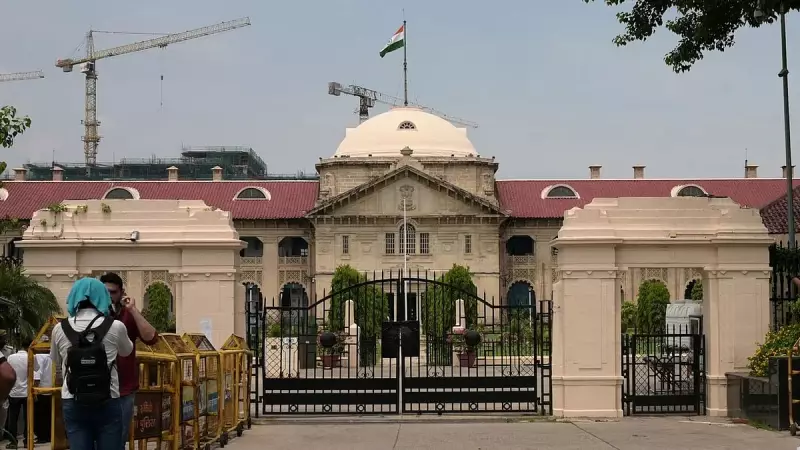
In a groundbreaking interpretation of India's legal framework, the Allahabad High Court has delivered a verdict that could reshape how religious discord is addressed in the country. The court emphatically stated that even words left unsaid, when intended to promote feelings of enmity, hatred, or ill-will between different religious communities, fall under the purview of legal punishment.
The Landmark Judgment Explained
Justice Justice Arun Kumar Singh Deshwal, while dismissing a petition seeking to quash charges under Section 153A of the Indian Penal Code, made a profound observation. The court clarified that the law isn't limited to explicitly spoken words but extends to any form of communication—direct or indirect—that promotes religious hostility.
"The intention to promote feelings of enmity, hatred, or ill-will between different religious groups is punishable," the court asserted, adding that "such intention can be gathered from the words used, whether said or left unsaid."
Beyond Mere Words: The Broader Implications
This judgment significantly broadens the scope of what constitutes illegal promotion of religious enmity. The court emphasized that the offense isn't confined to literal statements but includes:
- Indirect expressions promoting hatred
- Actions implying religious discord
- Contextual communication suggesting ill-will
- Any form of expression creating division between communities
The Case That Sparked the Ruling
The judgment came during the hearing of a petition filed by Javed, who sought to dismiss charges against him. The petitioner had challenged the validity of the case registered under Section 153A of IPC at Khair Police Station in Aligarh. However, the court found sufficient grounds for the case to proceed, reinforcing the principle that promoting religious enmity in any form cannot be tolerated.
Strengthening India's Social Fabric
This ruling comes at a crucial time when maintaining inter-religious harmony remains paramount. By recognizing that even unspoken words and indirect actions can violate communal harmony laws, the Allahabad High Court has provided a stronger legal foundation for protecting India's diverse social fabric.
The judgment serves as a significant precedent for future cases involving religious discord and reinforces the judiciary's commitment to preserving the country's pluralistic character.





